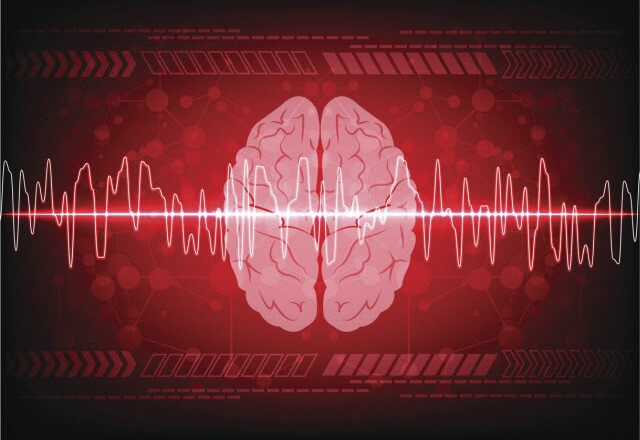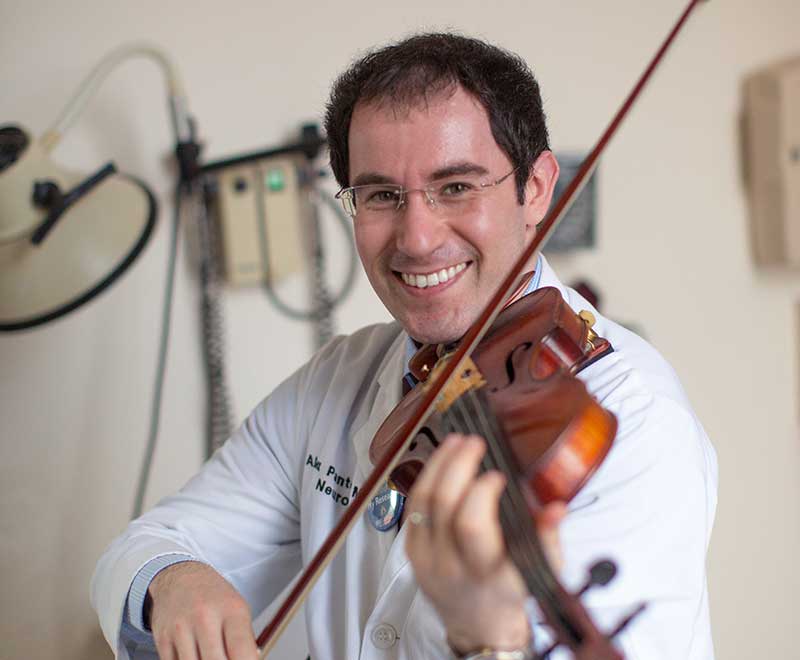Conditions We Treat: Dystonia
Dystonia is a common problem seen in movement disorder clinics, but its many different and unusual manifestations can make it a challenge to diagnose. If you suspect you or someone in your family has dystonia, you can benefit from clinical evaluation by our movement disorder experts who can provide an accurate diagnosis and effective treatments.
Why Choose Johns Hopkins
- Our doctors see a high volume of patients and are well-versed in the many ways dystonia can manifest itself, as well as the best diagnostic tools to assess the problem.
- Our dystonia specialists offer a wide range of treatments for all forms of dystonia, including botulinum toxin therapy; physical, occupational and speech therapy; and even deep brain stimulation.
- Johns Hopkins researchers discovered the link between dystonia and abnormal calcium signaling among nerve cells. They continue their study of the basal ganglia and other specific regions of the brain that may unlock the mechanisms of dystonia.
What to Expect
During your initial evaluation with our multidisciplinary team, we will listen to you and assess the impact of dystonia on your everyday activities and goals. Based on this data, you and your care team will create a custom treatment plan to address your symptoms.
There are many treatment options for dystonia. They depend on the type of dystonia you have and your unique symptoms:
- Many cases of focal dystonia can be treated with botulinum toxin injection, which can virtually eliminate the jerky posturing of the head in torticollis or the eye spasms of blepharospasm.
- Some children with generalized dystonia, known as dopa-responsive dystonia, respond dramatically to levodopa and related medications.
- Some people can be treated with neurosurgical options such as selective denervation, neuromodulation and other advanced treatments, including deep brain stimulation.
Dystonia affects each person differently. At Johns Hopkins, we make sure you understand each treatment’s potential risks and benefits so you and your family can make decisions with more confidence.
Our Dystonia Research
Johns Hopkins researchers aim to understand the causes of dystonia and find better treatments. This research involves laboratory studies of animals with dystonia, studies of the brains of people with dystonia and clinical trials of potential new therapies. Researchers at Johns Hopkins were among the first to link dystonia with abnormal communication involving calcium among nerve cells. These studies led to a clinical trial of medications that influence calcium signaling in people with dystonia.









